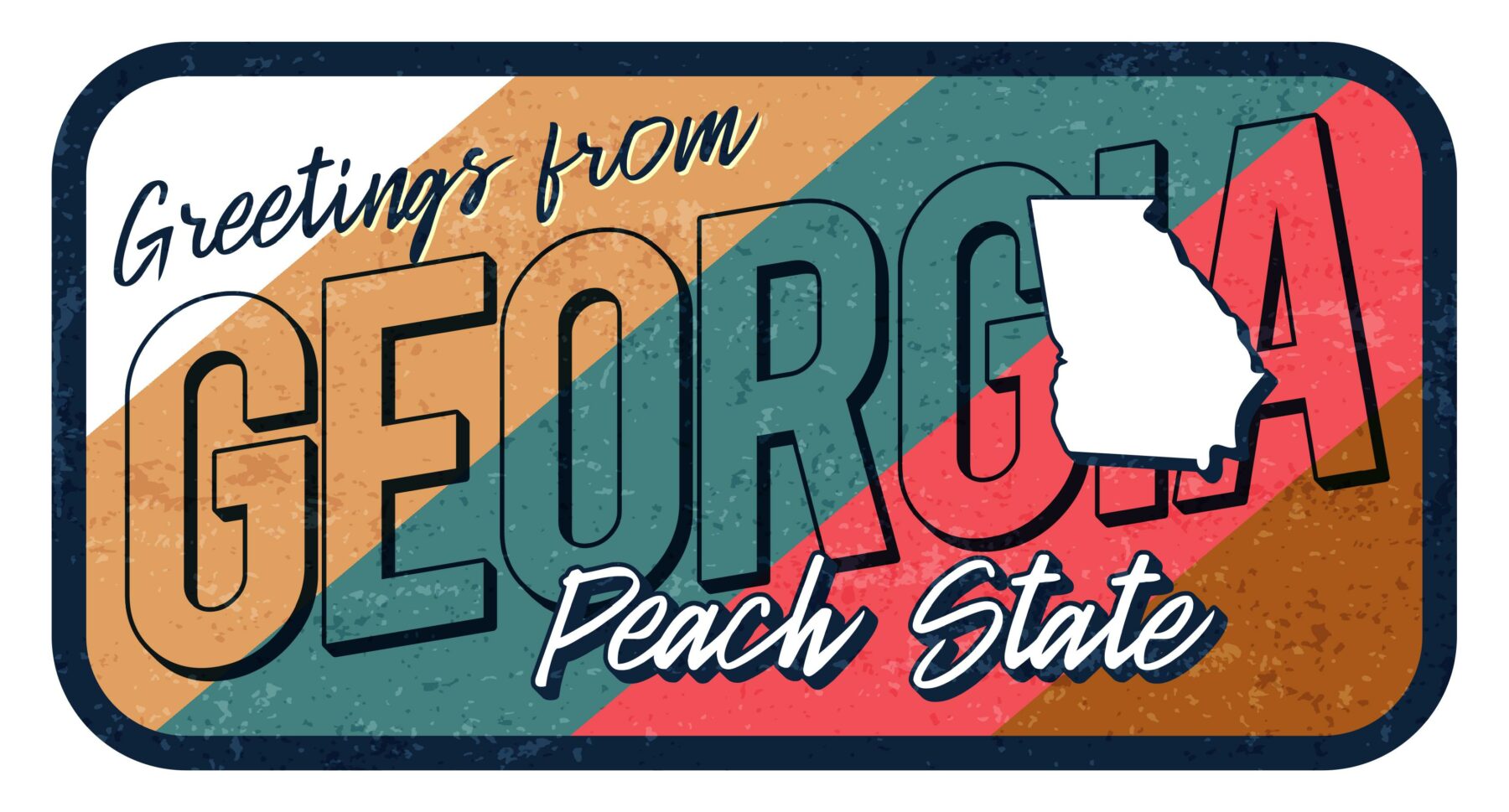Having a child who is on the autism spectrum can put a strain on your finances. You may not know where to turn to for help or how to get the best educational opportunities for your child.
In Houston, there are a variety of resources for your child with autism. Keep reading to learn more about the resources that are available.
Resource List for Children with Autism in Houston
Whether you want to find a grant, scholarship, or summer camp suitable for a child with autism, Houston has resources you can turn to.
Family to Family Network
Family to Family Network helps families with children who have disabilities set goals and find ways of succeeding at them. They provide a variety of services, including:
- Financial planning and security
- Navigating the healthcare, educational, and social services systems
- Referrals to community resources
They also offer training for family members and access to support groups.
Justin Dart, Jr. Student Accessibility Center
This center is part of the University of Houston. It offers teenagers with disabilities the chance to study in a safe and equal environment.
They have onsite counseling and all of the needed resources to help your child get the education they deserve in an inclusive manner.
Texas Parent to Parent
Texas Parent to Parent offers information, resources, support, and education for families with children on the autism spectrum. They offer healthcare training information, as well as the chance for parents to offer each other support.
There are numerous in-person and online support groups Texas Parent to Parent can put you in contact with.
Medicaid Buy-In for Children
This program offers Medicaid services at low costs for children with certain disabilities. To be eligible, the child must come from a family that makes too much money to get Medicaid but cannot afford healthcare services.
Some of the services they cover include:
- Vaccinations
- Checkups
- Hospital services
- Lab tests and X-rays
- Hearing and vision care
- Mental health care
- Treatment of pre-existing conditions
This buy-in option also offers long-term options like nursing home care.
Lions Clubs of Texas
This organization offers financial assistance for the purchasing of equipment and technology that helps children with disabilities or serious illnesses.
Variety of Texas
Variety of Texas helps children by providing equipment and medical assistance based on diagnoses. They can cover critical therapies, learning equipment, and much more.
To apply, you must meet financial criteria. A committee evaluates each application.
Center for Autism and Related Disorders (CARD)
CARD is the world’s largest autism services provider with a focus on offering behavior analysis to help children learn the social skills they need. It also offers therapy sessions online.
CARD provides a large amount of support and resources to help parents who have a child on the autism spectrum.
Autism Care Today
Autism Care Today offers grants for families impacted by autism. The grants can be up to $5,000, and they can cover medical bills, equipment, therapy sessions, as well as personal needs like rent or electric bills.
To apply, you will need a copy of the autism diagnosis and financial records.
Friends of Man
Friends of Man offers financial assistance to families who need medical assistance. To qualify, you need to have someone sponsor you.
This charitable organization can help with medications, dental care, therapy, and more.
The People Project of Texas
The People Project of Texas provides funding for individuals with special needs, learning disabilities, a history of abuse, or mental health concerns. This funding can go toward finding the right therapy options.
The Canyon Rice Hope Scholarship
This scholarship offers grants to people with autism and other developmental disorders. The grants can cover equipment, therapy, and even camp costs that insurance does not cover.
Applied Behavior Analysis (ABA) Therapy in Houston
Many of these grants and scholarships focus on finding the right type of therapy for children on the autism spectrum. One of these therapies is ABA therapy.
Applied Behavior Analysis is a type of therapy that uses the understanding of how children learn and how to influence behavior to teach a child with autism new social skills and manage behavioral difficulties.
During ABA therapy, your child will work one-on-one with the provider. ABA teaches them the negative and positive consequences of their behaviors, allowing them to take that information and apply it to new situations.
It is a type of therapy that can help children learn simple and complex skills, and it can help parents teach their children at home.
Hidden Talents offers ABA therapy in Houston to help children improve their social skills and learn self-regulation. Each child gets a customized treatment plan to ensure they get the exact help they need.
You Are Not Alone
If you live in Houston, TX, and you have a child on the autism spectrum, you do not have to feel alone. With all of the resources available, you can get the help you need to improve your child’s life.








